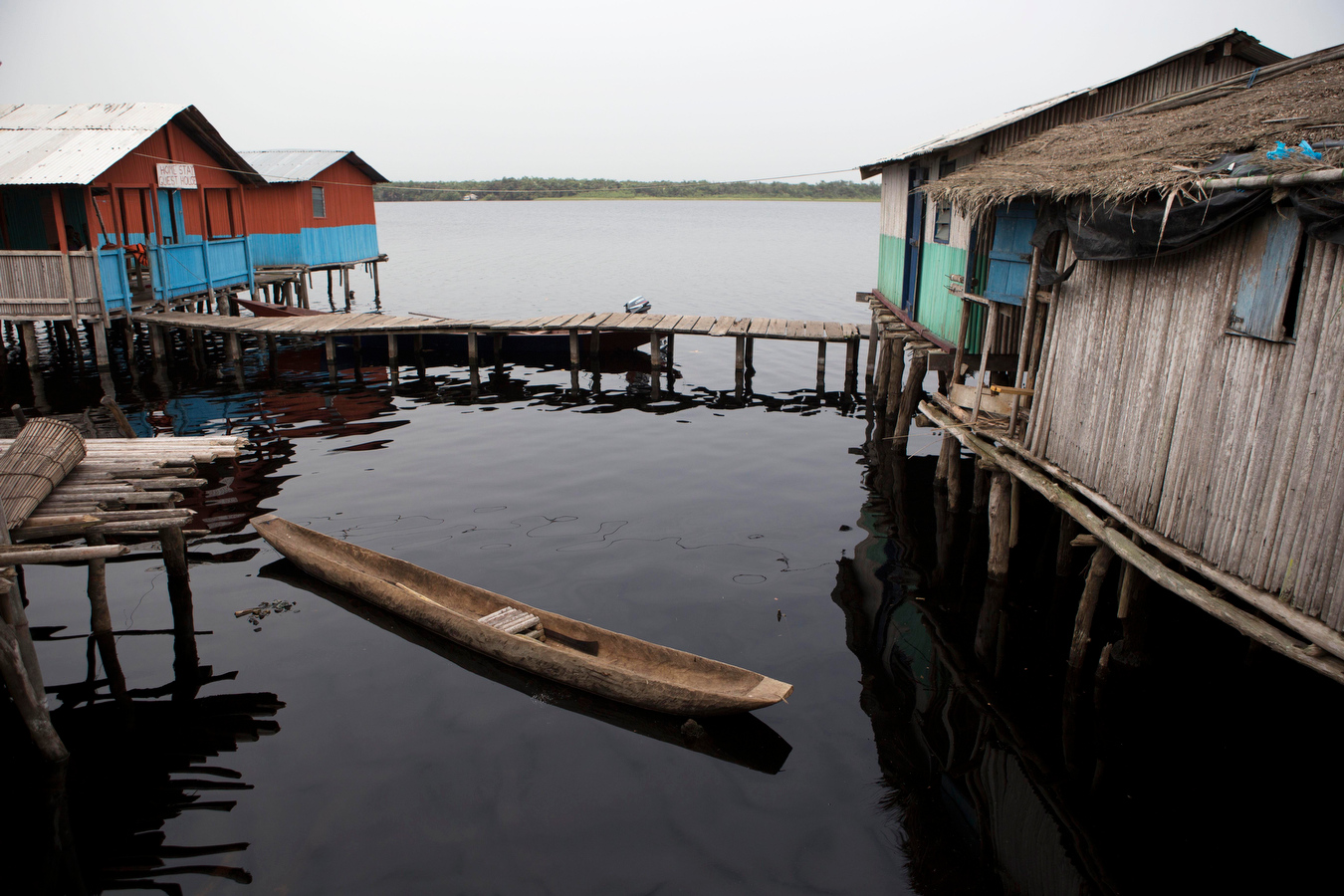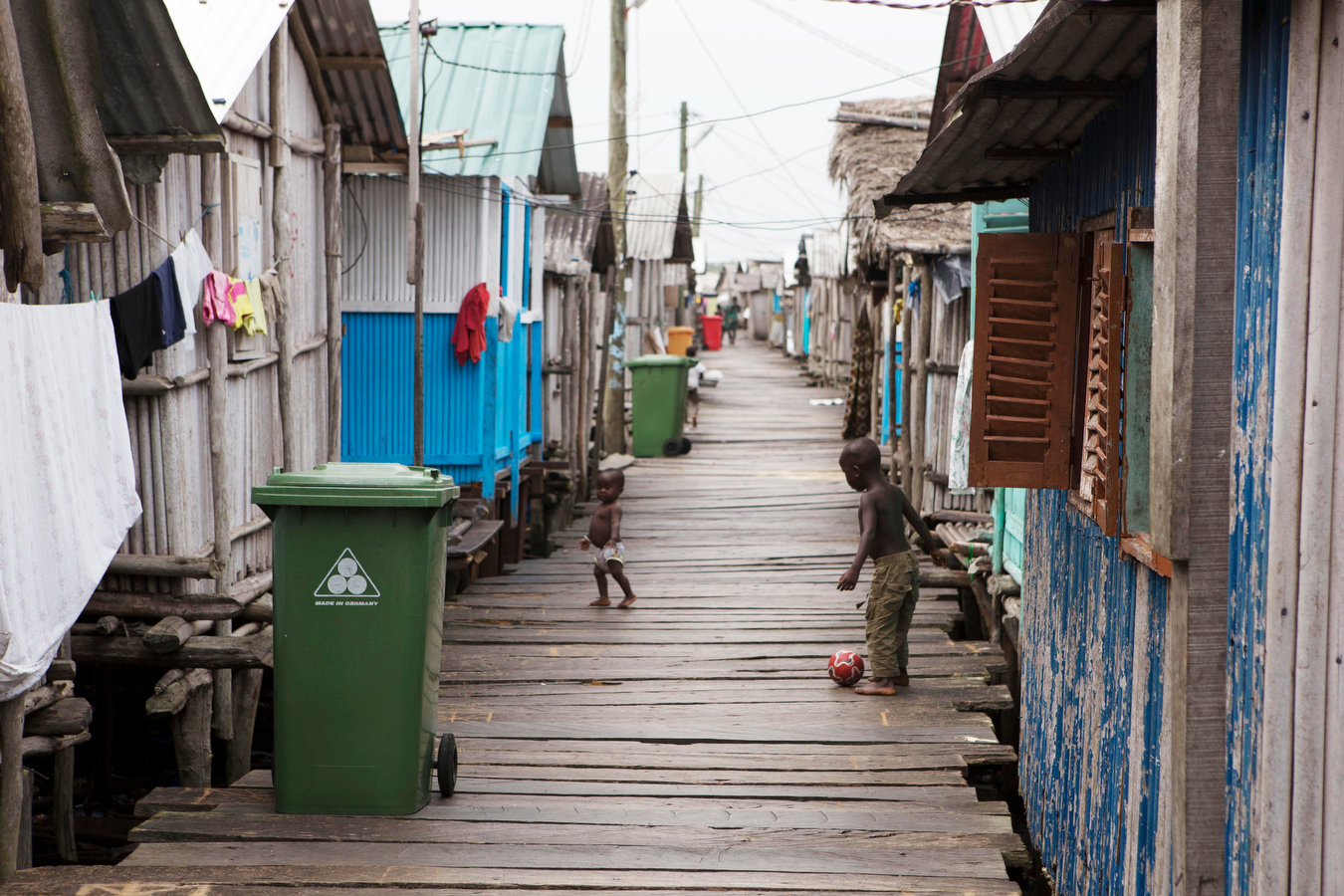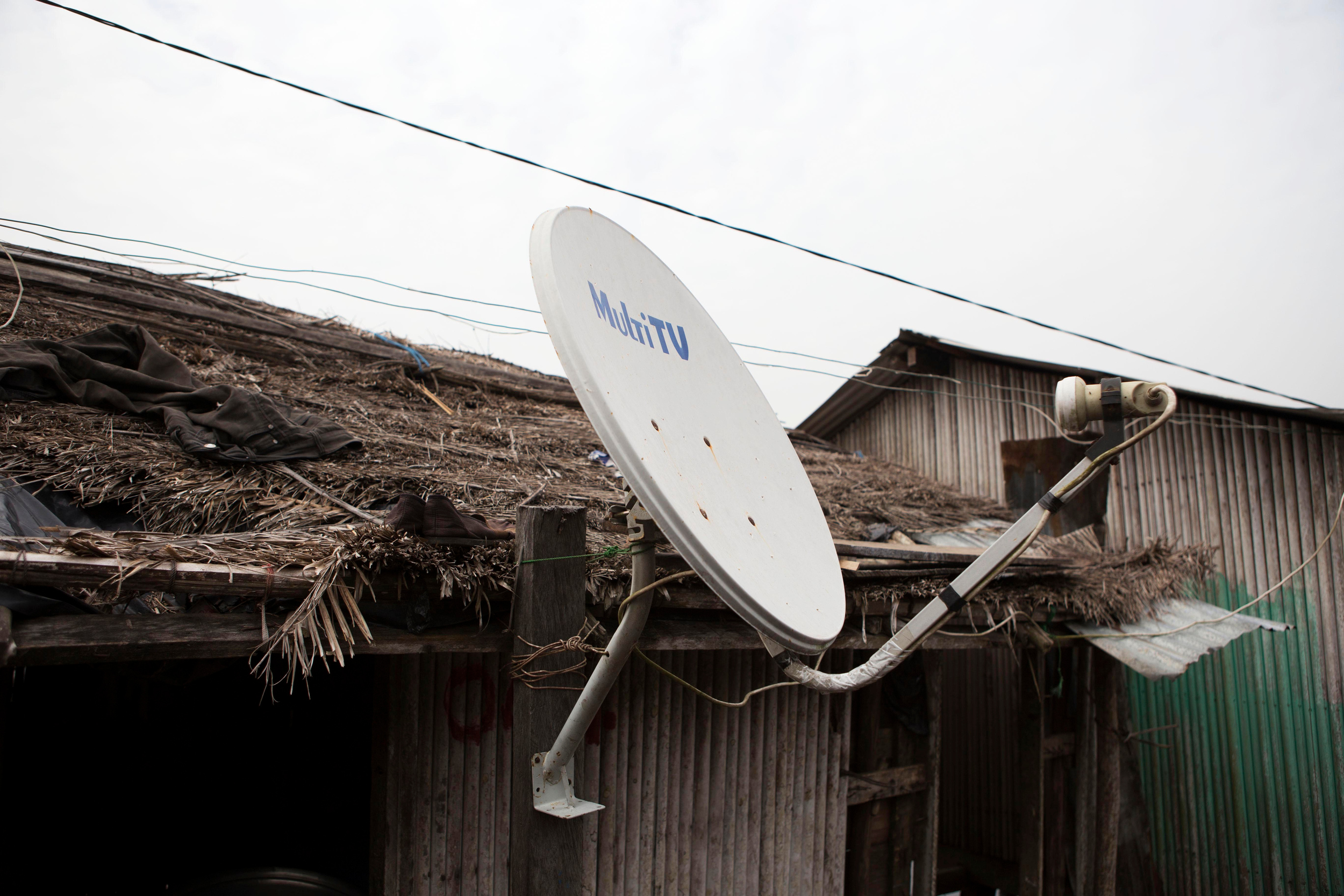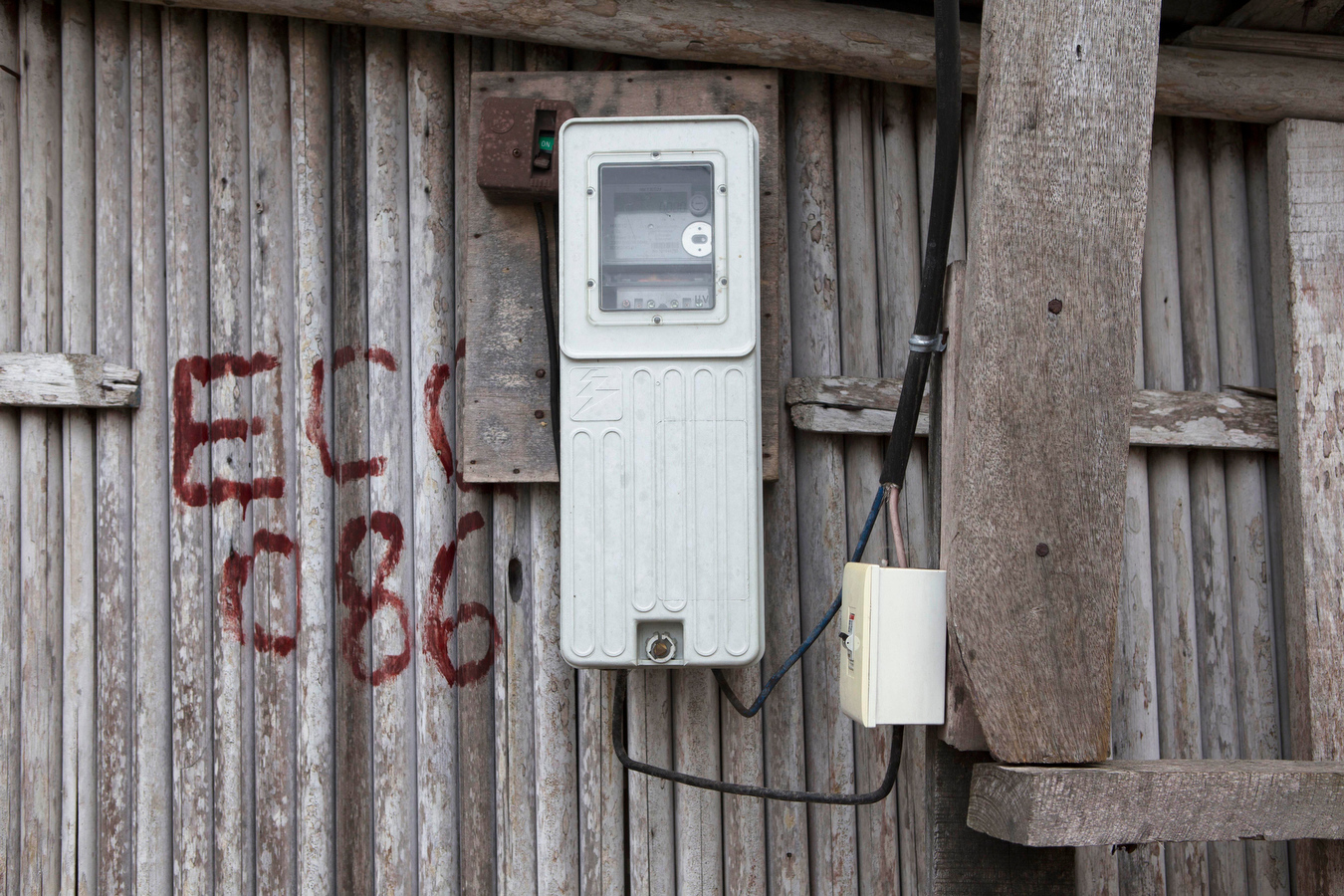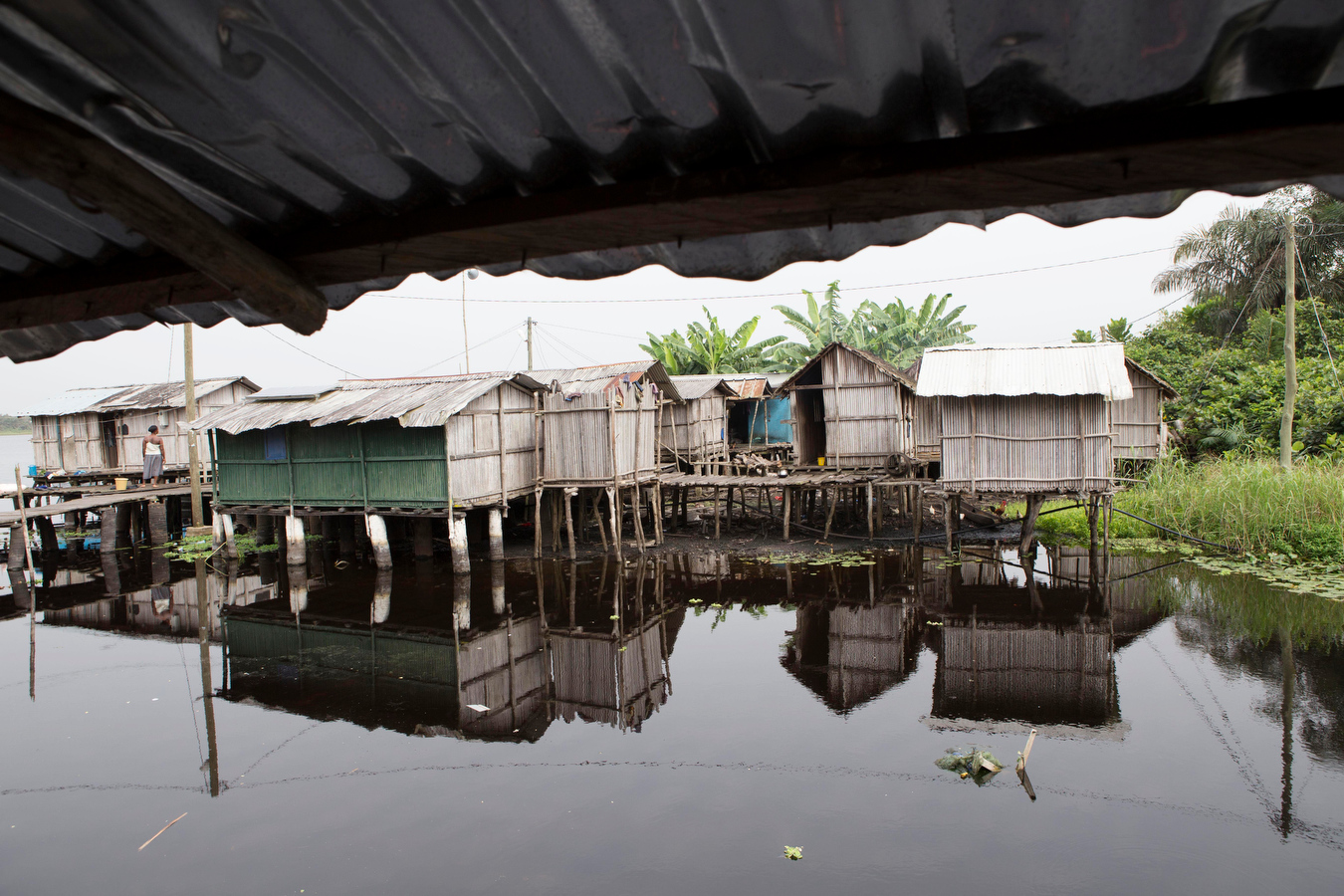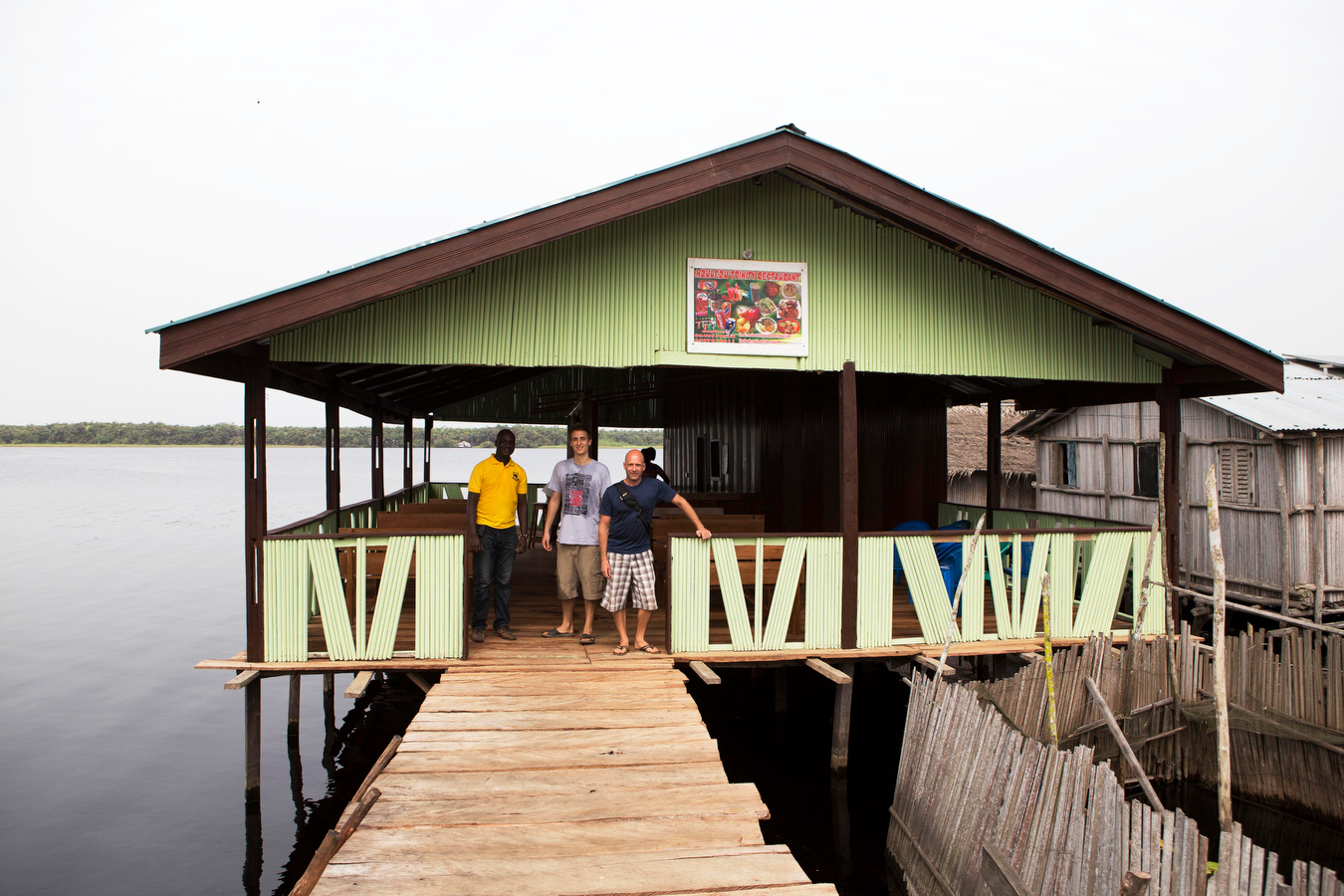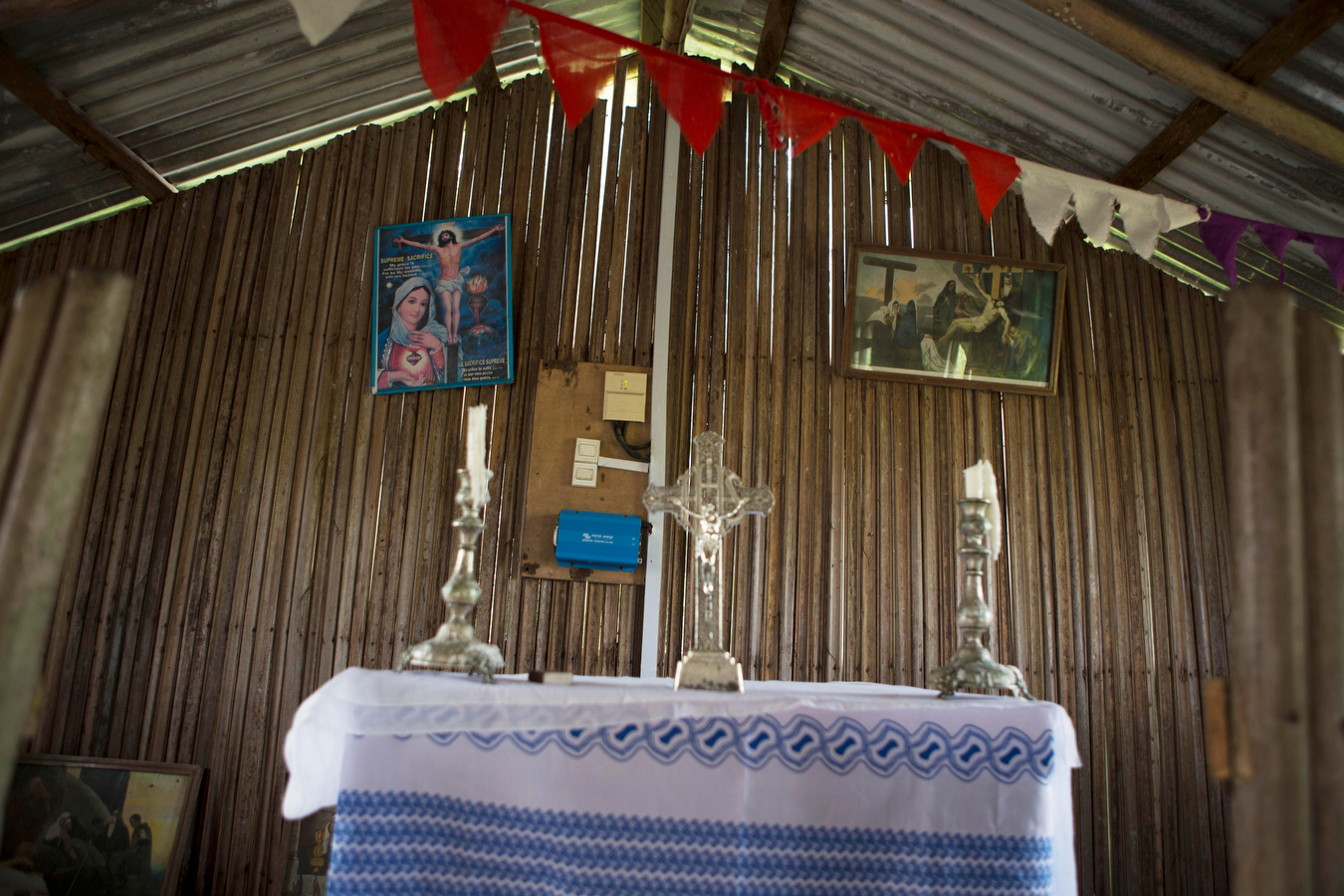One of the highlights of my trip was meeting Nathaniel. He's a musician here at the University of Ghana Legon. His specialty is playing indigenous African instruments. I'm working on a little video about him. Among the instruments he plays is the seperewa, which is a Ghanaian instrument played similarly to the Kora, a harp which originates from Mali. The seperewa is smaller with fewer strings. I've been wanting to find a local instrument to bring back so this was my opportunity. I brought my ukulele with me to play to get my music fix while in Ghana. The guitar is just too big to travel with. Anyhow, Nathaniel like to collect instruments so when I told him that I had a ukelele, he became really fascinated. When I asked him if he would want to trade the seperewa for my ukelele, he immediately said yes.
Here I am playing my friend Colter Harper's seperewa at his office. He's a visiting professor of music here in Ghana and he's also one of Nathaniel's teachers.
I managed to get a couple of lessons in the remaining days in Ghana. I wish I had time for more but I'll take what I can get. I shot video of the lessons so I could work on my technique and remember the songs that I learned. It took a bit of adjustment to play. You have to use your thumbs so it took some getting used to. Using my left thumb has been the big challenge. I play guitar so it's usually anchored to the back of the guitar. Keeping my left thumb is the big challenge right now. I managed to make some notes come together but I'm still a bit clumsy on it.
I'm happy to say that Nathaniel is very pleased with his ukulele. I'll miss it, but I can get another one in the states when I return. Don't think I'll be finding any seperewas in Oregon anytime soon. So I'm a long ways away from being a seperewa master, but maybe I can be the best seperewa player in Eugene being the only one with the instrument in the area. If there's another seperewa player out there, give me a shout. We can start an orchestra and serve fufu at our concerts. I'll miss the conversations with Nathaniel and learning the wonderful melodies that can be played on this instrument. Maybe I'll come back for my third lesson soon.







